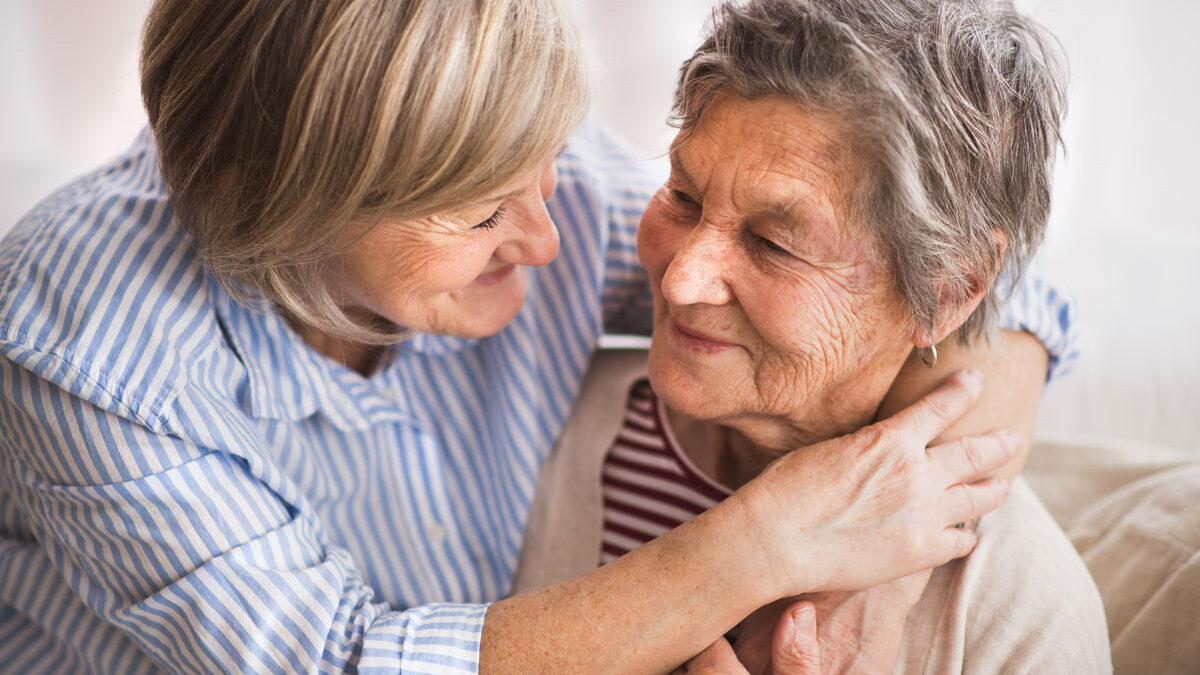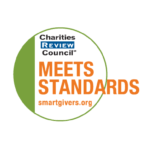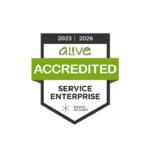Our Perspective | By Sarah Adams, ElderCare Development Partnership Coordinator

November is National Family Caregivers Month, a time when we honor and uplift the experiences and efforts of family and friend caregivers both locally and across the country. Family and friend caregivers support individuals across the lifespan to live as independently as possible in communities of their choice. In Minnesota alone, there are an estimated 530,000 family/friend caregivers who provide 500 million hours of support every year[1].
While caregiving has many benefits to both the caregiver and person receiving care, it also comes with challenges. Caregivers can experience higher incidences of stress, depression, chronic health issues, and financial/economic impacts in their role. These impacts can be especially high for caregivers of individuals with complex medical conditions including dementia, those who have limited support networks, those who experience marginalization, and those who face other access barriers to services and support.
Caregiving is a natural part of many people’s lives, and it is important that our society recognizes and supports the contributions of family and friend caregivers. We need to ensure systems are in place to mitigate the potential negative impacts of caregiving, which can contribute to strain at individual, community, and societal levels.
This year’s theme for National Family Caregivers Month is #CaregiversConnect. When caregivers are connected with their peers, supportive services, and their community, positive outcomes follow. We are fortunate that in our state and region there are many long-standing and newly established programs that have risen to meet the unique needs of family and friend caregivers. Across the state, providers of caregiver services offer support such as 1:1 caregiver counseling, support groups, respite, education and more to bolster the positive and protective factors and mitigate the negative impacts of caregiving.
In 2022, caregiver service providers in the seven-county metropolitan region that received funding through the Title III-E National Family Caregiver Support Program of the Older Americans Act provided:
- 9,020 hours of caregiver counseling, support groups, and training
- 6,652 hours of respite care
- 7,524 contacts providing Information and Assistance to caregivers navigating resources
Caregiver service providers continue to persevere through challenging times and adapt to the changing needs of caregivers to ensure they are connected with essential supports and services. Throughout November, we extend a heartfelt “thank you” to all the organizations, staff, and volunteers who dedicate their efforts to caregivers.
Thank you!
Are you a caregiver or do you know a caregiver who might benefit from services? Visit mnhelp.info and type in your zip code to learn more about services available in your area. Many organizations offer virtual options for caregivers who are unable to attend in person. Alternatively, call the Senior LinkAge Line® at 800-333-2433.
Do you live in the seven-county metro area? Visit our Title III site to learn more about the organizations receiving Title III-E National Family Caregiver Support funds through the Older Americans Act.
Sarah Adams is an ElderCare Development Partnership Coordinator at Trellis with 10 years’ experience serving older adults and caregivers, engaging in program design and grants management. Sarah supports organizations in the seven-county metropolitan area to enhance their capacity to serve older adults and caregivers through technical assistance for funding opportunities, program consultation, and partnership building.
[1] AARP, Valuing the Invaluable 2023 Update: Strengthening Supports for Family Caregivers. March 2023. https://www.aarp.org/ppi/info-2015/valuing-the-invaluable-2015-update.html



